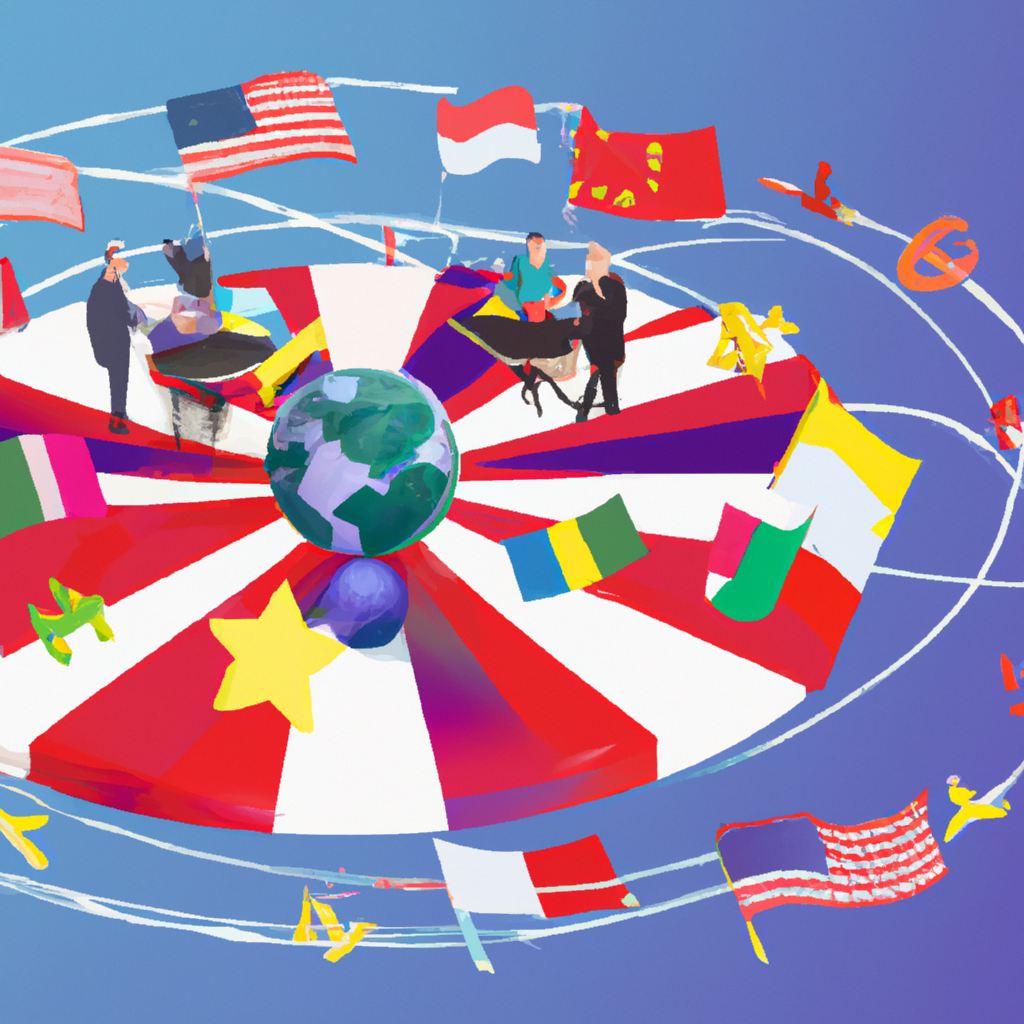Navigating the Future: How Economic Policies Shape Global Markets
In today’s rapidly shifting global landscape, economic policies are more than just governmental decrees; they are pivotal tools that sculpt the economic environment and influence market dynamics worldwide. This blog post explores the intricate relationship between economic policy and global market behaviors, providing insights into how these policies impact economic stability and growth.
Understanding Economic Policy
Economic policy refers to the actions that governments take to influence their economy. It encompasses a range of activities including setting interest rates, taxation, government budgets, labor market regulations, tariffs, trade agreements, and more. These policies are designed to create favorable conditions for economic growth, stability, and prosperity.
Impact on Global Markets
Economic policies in major economies like the USA, China, and the European Union have far-reaching effects on global markets. Changes in policy can lead to fluctuations in exchange rates, investment flows, and international trade patterns. For example, a decision by the Federal Reserve to change interest rates can not only affect domestic conditions but also influence foreign exchange rates and global investment strategies.
Case Studies: Economic Policies and Their Outcomes
Several historical and recent examples illustrate the impact of economic policies. The post-2008 financial crisis measures, including quantitative easing and fiscal stimulus in various countries, have had significant long-term effects on both local and global markets. These actions helped stabilize markets, boost employment, and restore confidence in financial systems.
Future Trends and Predictions
As we look to the future, it’s evident that economic policies will continue to play a critical role in shaping global markets. With advancements in technology and changing geopolitical landscapes, policymakers must adapt their strategies to ensure sustainable economic growth and stability.
In conclusion, understanding the interplay between economic policy and global markets is crucial for investors, policymakers, and anyone interested in the economic future. By examining the effects of these policies, we can better prepare for the inevitable changes and opportunities that lie ahead.






